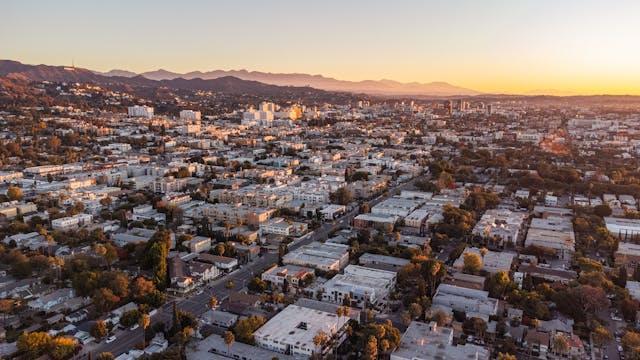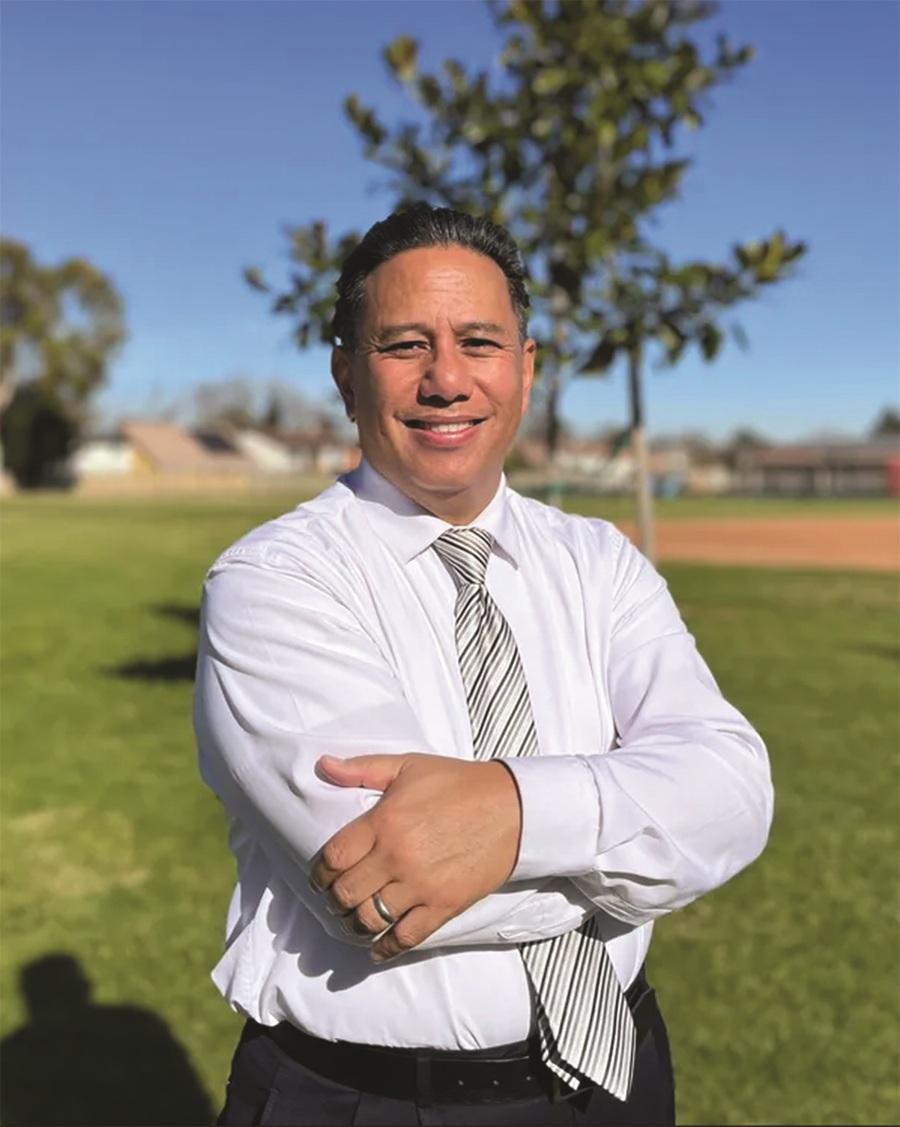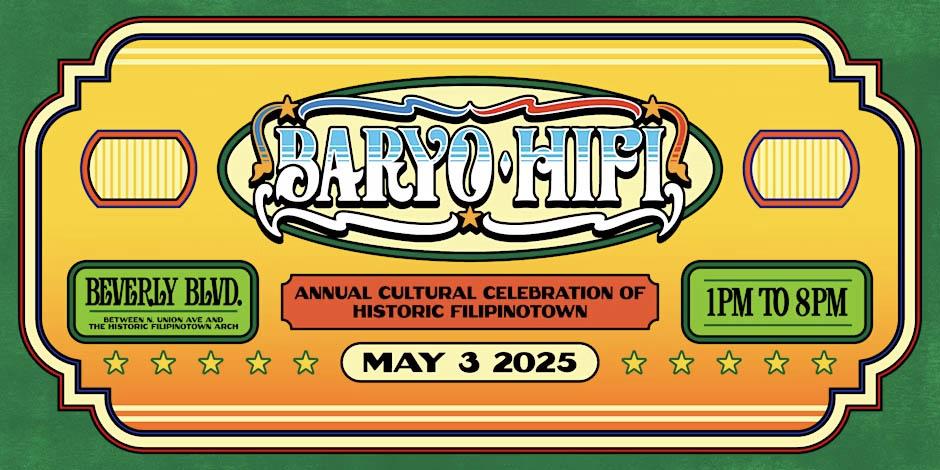LOS ANGELES – “We want $15 and a union!” “Fast-food workers run this town!” “Si se puede!”
These were some of the chants echoing from angry fast-food employees across the United States on Thursday, Sept. 4. The protesters, many of them McDonald’s and various fast-food chain employees, took to the streets to express their concerns for a better wage, while causing a ruckus that led to hundreds of arrests by local police.
From downtown Los Angeles to inner-Manhattan, dozens of fast-food workers marched, rallied, and held sit-ins outside of restaurants. The organized nationwide protests went out of control with several acts of civil disobedience, and many were arrested for “unlawful assembly,” blocking traffic lanes and intersections.
Several marchers were arrested for blocking a major crossroad in City Heights, a blue-collar neighborhood in eastern San Diego. Hundreds of workers marched past McDonald’s, Jack in the Box, and Burger King restaurants, chanting and “fighting for what we believe is right,” said Rev. Lee Hill of the United Church of Christ.
The rallies and marches continued outside of McDonald’s restaurants in major cities, including New York, Boston, Atlanta, Las Vegas, Chicago, Detroit, and Miami. Chicago police arrested almost two dozen protestors that day, and New York police had to disperse a crowd of 300 assembled outside a McDonald’s near Times Square.
In Los Angeles before dawn, more than 100 fast-food workers gathered at a McDonald’s in Exposition Park, holding signs, chanting slogans, and even going into the store in a brief showdown that caught media attention. Later, protestors and their supporters staged a lunchtime march along Broadway Blvd. that ended with another restaurant sit-in. Ten were arrested after disobeying orders to stop blocking traffic lanes; hands bound, they were led away by local police.
The debate to raise the minimum wage has become a nationwide spectacle, and with the ever-growing costs of living, many feel something must be done now.
“It’s difficult,” admitted 36-year-old Fanny Velazquez, a single mother who has been working at McDonald’s for eight years, making $9.34 an hour to take care of her three children. Like the other protestors, Velasquez wants justice for workers and a fairer wage. “It’s just not enough to pay my bills.”
McDonald’s publicly stated that it respects the right to peacefully protest, and supports “paying our valued employees fair wages.”
But it also said the discussion of raising the wage not only affects just the one company and its employees, but the entire nation.
“We believe that any minimum wage increase should be implemented over time so that the impact on owners of small- and medium-sized businesses—like the ones who own and operate the majority of our restaurants—is manageable,” the fast-food chain conglomerate said, also pointing out that it does not set the wages for any of its franchises in the US.
Additionally, many fast-food chains and restaurants do not favor a $15 hourly wage as desired by employees because it would lead to price increases on menus, which nobody likes nor profits from.
Sue Hensley, a spokeswoman for the National Restaurant Association, defended the fast-food businesses by saying the nationwide rallies on Thursday were all orchestrated union PR events and part of a multimillion-dollar labor group campaign to “boost dwindling membership.”
Hensley wrote in a media email, “Restaurants continue to be a critical employer that trains America’s workforce and provides a pathway towards upward mobility and success.”
Many of the protesters, such as New York KFC employee Naquashia LeGrand, were accusing big corporations of taking advantage of their workers with the low wages and decreasing hours.
“Full-time or part-time, we deserve a livable wage,” LeGrand said. “I’m here today, honestly, to better the future for the next generation.”
In a speech made on Labor Day, President Obama agreed, “There is no denying a simple truth: America deserves a raise.”
Several metropolitan cities have already addressed the issue and are aiming to raise the minimum wage rate within the next two or three years. In Seattle, officials voted to increase the wage to $15 an hour, the highest minimum in the country. Los Angeles Mayor Eric Garcetti is currently pushing for a $13.25 wage, up $4.25, for all LA workers by 2017.
(With reports from Los Angeles Times)
(www.asianjournal.com)
(LA Weekend September 6-9, 2014 Sec. D pg.1)





